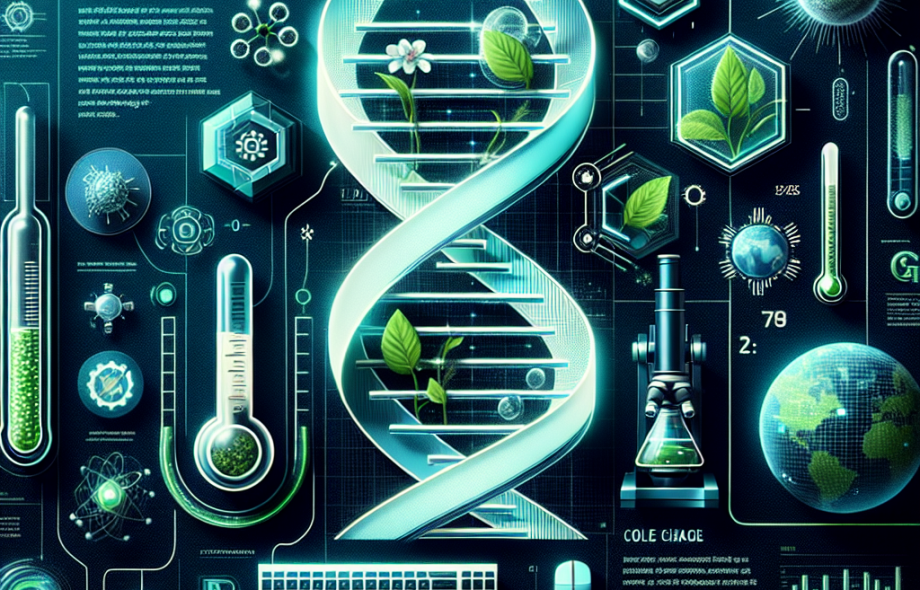In recent years, the intersection of biotechnology and agriculture has emerged as a powerful force in combating the climate challenges that now threaten our planet. With rising global temperatures, erratic weather patterns, and depleting resources, the need for sustainable and efficient agricultural practices has never been more pressing. Fortunately, biotech innovations are providing solutions that are not only environmentally friendly but also capable of meeting the demands of a growing population.
One of the key areas where biotech is making a significant impact is in crop modification. By developing genetically modified organisms (GMOs) that are drought-resistant, pest-resistant, or have higher nutritional content, scientists are able to create crops that can thrive in changing climates. For example, drought-tolerant corn and soybeans have been developed using biotechnology, allowing farmers to maintain productivity even during periods of water scarcity.
Another area of focus is the use of biotech in crop protection. Instead of relying on chemical pesticides that can harm the environment and human health, researchers are developing biopesticides derived from natural sources or using genetic engineering to produce crops that are naturally resistant to pests. This approach not only reduces the ecological impact of farming practices but also ensures a safer food supply for consumers.
Biotechnology is also playing a crucial role in soil health and fertility. Through the use of genetically modified bacteria and fungi, scientists are able to enhance nutrient uptake in plants, improve soil structure, and promote sustainable farming practices. This not only helps to mitigate the effects of climate change but also increases the productivity and resilience of agricultural systems.
In addition to these advancements, biotech innovations are also being used to develop alternative protein sources, such as lab-grown meat and plant-based substitutes. By reducing the reliance on traditional livestock farming, which is a major contributor to greenhouse gas emissions, biotechnology is helping to combat climate change on a global scale.
Overall, the combination of biotechnology and agricultural innovation is proving to be a game-changer in the fight against climate challenges. By harnessing the power of science and technology, we have the potential to create a more sustainable and resilient food system that can withstand the impacts of a changing climate.
 :
https://www.pinterest.com/xceltec0192/
:
https://www.pinterest.com/xceltec0192/












